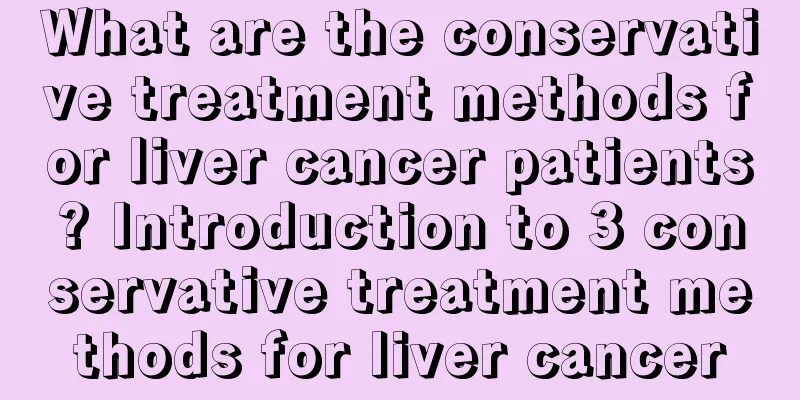What are the treatments for eczema?

|
Many people have suffered from eczema in their daily lives. After suffering from eczema, what everyone needs to do is to reduce the recurrence of the disease and control the symptoms well. Therefore, patients need to use a combination of oral and topical medication to achieve effective treatment results. treat Treatment strategy Control symptoms, reduce recurrences, and improve patients' quality of life. Symptomatic treatment Look for possible triggers, such as work environment, living habits, diet, hobbies, thoughts and emotions, as well as the presence or absence of chronic lesions and internal organ diseases. Drug treatment 1. Internal therapy: Use antihistamines to relieve itching, and use two together or alternately if necessary. Generalized eczema can be treated with oral or injected corticosteroids, but they should not be used for a long time. 2. Topical therapy: Select appropriate dosage forms and drugs according to the condition of skin lesions. For acute eczema, local washing and wet compresses with normal saline, 3% boric acid or 1:2000-1:10000 potassium permanganate solution, and calamine lotion for astringency and protection. Subacute and chronic eczema should be treated with appropriate glucocorticoid creams, tar preparations or immunomodulators, such as tacrolimus ointment and pimecrolimus ointment. Add antibiotic preparations for secondary infection. Prognosis Even after improvement due to treatment, the disease is still prone to recurrence. Diet care Daily care 1. Don’t take a bath too often in winter, only 1 to 2 times a week; 2. The bath water should not be too hot, generally keep it at 40 degrees Celsius; 3. Use less alkaline soaps and other cleaning products, and scrub less; 4. Maintain the temperature and humidity of the room. Diet 1. Supplement vitamins appropriately and eat more foods rich in vitamins such as carrots, green leafy vegetables, and fruits. 2. Avoid eating some irritating foods, such as onions, ginger, garlic, strong tea, coffee, alcohol and other foods that are prone to cause allergies, such as fish, shrimp and other seafood. |
<<: What are the symptoms of chronic bronchitis?
Recommend
What are the causes of bladder cancer
Bladder cancer is a common malignant tumor in the...
What symptoms does acute gout cause
Gout can be divided into two types: acute and chr...
Common prevention of breast cancer in life
Breast cancer is one of many tumor diseases, and ...
The difference between a stewing cup and a thermos cup
Nowadays, office workers are always in a hurry to...
What are the examination methods for cervical spine cancer
For malignant diseases such as bone cancer, exami...
What are the benefits of washing your face with beer?
Washing your face with beer can bring many beauty...
What are the effects and functions of okra flowers?
Okra, also known as okra, is a common food in dai...
How to quickly create chaos
For northerners, wonton is a very delicious snack...
Will cirrhosis lead to death? What is the cause of the disease?
Many people have always been very worried about d...
What are the precautions for leptospirosis?
Many people's bodies are troubled by various ...
What kind of pillow is good
What kind of pillow is the best? In fact, everyon...
Ways to prevent respiratory diseases
We all know that the environment we live in every...
How to improve gastrointestinal digestion and regulation ability?
The stomach and intestines are the most important...
What are the symptoms of back muscle strain
Have you ever paid attention to the symptoms of b...
How often should I use mouthwash?
Mouthwash has the function of cleaning the oral c...









